“A brand is the way a product, company, or individual is perceived by those who experience it. Much more than just a name or a logo, a brand is the recognizable feeling these assets evoke.” — Brian Lischer
Brian Lischer nailed it. We’re all surrounded by brands, from the coffee cup you’re holding to the smartphone in your hand. These aren’t just products; they’re experiences, built on unique value propositions and designed to make you feel a certain way. They stand out, and that’s exactly what you need to do for your career, whether you’re climbing the corporate ladder or building an empire from your garage.
With a fiercely competitive job market and a business landscape that chews up the mediocre, simply being good at what you do isn’t enough. You have to be a cut above the rest. You have to be memorable. You have to be the light high up on a hill. This isn’t about ego; it’s about about working smart enough to take advantage of every opportunity.
This is where your personal brand comes in. It’s your secret weapon. It’s what differentiates you from the thousands of other people with the same resume, the same certifications, and the same dreams.
Why Your Personal Brand Is Your Greatest Asset
Think about the last time you bought something you love. Did you just buy the product, or did you buy into the story, the reputation, and the feeling it gave you? Your personal brand works the same way. It’s the story you tell about yourself, and it’s what compels people—recruiters, clients, partners—to choose you.
Adam Ritchie of Brand Direction puts it brilliantly: “The first word in the phrase, ‘personal brand’ is ‘personal.’ Now add an ‘ity’ to it, drop the ‘brand,’ and that’s what it really means. That’s the secret.” Your personal brand isn’t a mask you put on; it’s an amplification of your authentic self. It’s what you stand for, what you’re passionate about, and what makes you, well, you.
A strong personal brand doesn’t just open doors; it kicks them down. It helps you:
- Attract better opportunities: Recruiters and clients come to you because they already know your value.
- Command higher fees/salaries: People pay a premium for expertise and a reputation they can trust.
- Build a powerful network: Your brand acts as a magnet, drawing like-minded individuals and potential collaborators to you.
The Blueprint: How to Build Your Personal Brand from the Ground Up
Building a personal brand isn’t a one-and-done project. It’s an ongoing process of self-discovery and strategic communication. Here’s how you can get started, minus the fluff.
1. Define Yourself: The Foundation of Your Brand
Before you can market yourself, you have to know yourself. It’s time for some ruthless self-introspection. Ask yourself the hard questions:
- What are my core strengths and weaknesses?
- What am I genuinely passionate about?
- What unique experiences have shaped my perspective?
- What values guide my decisions?
This isn’t just an exercise in naval-gazing; it’s about unearthing the unique qualities that will form the core of your brand. My role in organizations like Dejamedia Company, Digify Africa and similar— throughout the years— has been to guide professionals and businesses through this exact process, transforming their unique stories into a strategic brand identity.
2. Establish Your Authority: What Do You Want to Be Known For?
You can’t be an expert at everything, and frankly, you shouldn’t try to be. The goal is to be a recognized authority in a specific area. This is about establishing a niche.
- What topics do you want to own?
- What problem do you want to solve for your audience?
- What is your unique point of view?
Being a thought leader isn’t just about knowing things; it’s about sharing your knowledge and shaping the conversation. For more on this, check out my GQ article on how to build a brand that truly connects.
3. Know Your People: Identify Your Target Audience
A brand without an audience won’t take you far. Who are you trying to serve or influence? Who are the people whose lives you want to touch with your expertise?
You need to create a buyer persona—a fictional representation of your ideal client or employer. Give them a name, a job title, and a set of problems you can solve. This helps you tailor your content, your communication, and your presence to resonate with the people who matter most. Don’t be afraid to go niche; the most valuable audiences are often the most specific.
4. Build Your Digital Outpost: Establishing an Online Presence
In today’s world, if you’re not online, you don’t exist. Your online presence is your digital resume, portfolio, and networking hub all in one. You need a platform to showcase your expertise and tell your story.
- Choose your platforms wisely: You don’t need to be on every social media channel. Pick the ones where your target audience hangs out and where you can consistently create valuable content.
- Be a content machine: Create articles, videos, or podcasts that demonstrate your expertise. A well-written blog post on LinkedIn or a compelling video on YouTube can do more for your career than a dozen cold emails.
My Skillapreneur project is all about helping you master these very skills—from content strategy to digital marketing—that are essential for building a powerful online presence.
5. Craft Your Pitch: Your Elevator Statement
If someone asks you what you do, you should have an answer ready that is concise, compelling, and memorable. This is your personal brand statement, or elevator pitch.
- Example: “I help small businesses create compelling content strategies that turn followers into paying customers.”
This statement should summarize who you are, what you do, and who you do it for. It’s your mission statement, and it’s crucial for seizing opportunities on the fly.
FAQ
Q: How long does it take to build a personal brand?
A: Building a strong personal brand is a marathon, not a sprint. It takes consistent effort and time to establish credibility and a reputation. You’ll start to see traction in a few months, but it’s a long-term commitment. It tools me years to start showing up on Google search in a cohesive way and the work is still not done.
Q: Can my personal brand and my company brand be the same?
A: While they can be complementary, your personal brand is ultimately your own. It represents your unique values and expertise, which can enhance your company’s brand but should not be a substitute for it. I have company profiles but what does the most for me is my personal brand.
Q: Is personal branding just for entrepreneurs?
A: Absolutely not. Personal branding is for anyone who wants to advance their career. It’s for job seekers, corporate executives, freelancers, and students. It’s about being intentional with how you’re perceived, regardless of your professional title.
Ready to start your journey?
Building a personal brand is a powerful act of self-empowerment. It’s about taking control of your narrative and positioning yourself for the opportunities you deserve.
Use any useful information to help you get started and remember, if you need any help, get in touch with me and lets explore how I can help.

I’m a full-stack marketing, branding & business tech consultant. I design & implement research-driven, high-impact business solutions that prioritise ROI and user experience. I do this by applying my many years of experience in data-driven marketing, content development, branding design and business technologies (AI, e-Commerce and automation).
